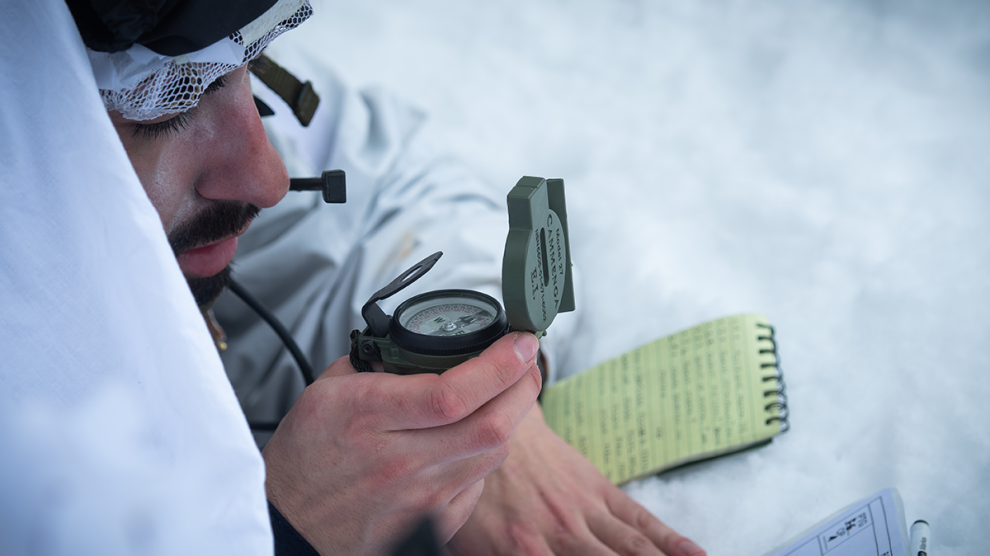Artic Connections. On Monday, the international conference “Arctic Connections 2025—Space in the Arctic,” co-organised by the Italian Society for International Organization (SIOI), the Royal Norwegian Embassy, and the High North Center for Business and Governance of Nord University in Bodø, took place in Rome.
- The event marked another key diplomatic moment in Italy’s push to expand its Arctic footprint across multiple sectors—from defence to energy and logistics to space.
What they’re saying. In a message to the conference, Italian Foreign Minister Antonio Tajani emphasised the Arctic’s growing strategic value, calling it “a new geopolitical and economic crossroads.”
- He underlined its centrality to NATO security, energy resources, and emerging maritime routes shaped by climate change.
- “We want Italy to be increasingly present in the Arctic, also to seize the opportunities opening up for our companies in high-potential sectors such as infrastructure, energy, defence, the blue economy, logistics, space, and connectivity,” Tajani said, highlighting Rome’s future hosting of the Arctic Circle Forum in 2026.
Beyond the events. Italy’s Arctic vision blends diplomacy with operational readiness.
- While political attention is growing, the military dimension is already in motion—as shown in the recent “Operazione Volpe Bianca” drills in the Alps, a complex simulation designed to mirror Arctic warfare conditions.
- Last month, in the snow-covered valleys of Val Pusteria, “Volpe Bianca” brought together 1,300 troops, including elite Alpine units, cyber specialists, and electronic warfare teams.
- The exercise tested Italy’s ability to operate in low-temperature, high-altitude environments where GPS, communication systems, and air support are unreliable — just like in the Arctic.
A NATO priority. The drills reflect a broader shift in NATO priorities as the alliance increasingly focuses on its northern front.
- The melting ice is turning the Arctic into a contested space for trade, security, and resource extraction — making adaptability in extreme conditions a key strategic asset.
- Unlike many NATO members, Italy can simulate Arctic conditions on its soil.
- The Alps provide a natural training ground where forces are tested not only on tactical execution but also on cognitive resilience: navigating, targeting, and operating under physical and mental stress over several days.
What we’re watching. Italy is positioning itself as a serious player in Arctic affairs—not just through diplomatic engagement and international forums, but by building capabilities that make it a credible contributor to NATO’s presence in the High North.
- The message from Rome is clear: being Arctic-ready is no longer optional.
- The Foreign Affairs Committee of the Italian Chamber of Deputies is preparing to launch a study committee on the Arctic.
- Modelled after a similar initiative on the Indo-Pacific, the effort will provide strategic insight to guide future Italian policy in the High North.
(Photo: Difesa.it)





